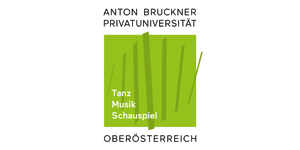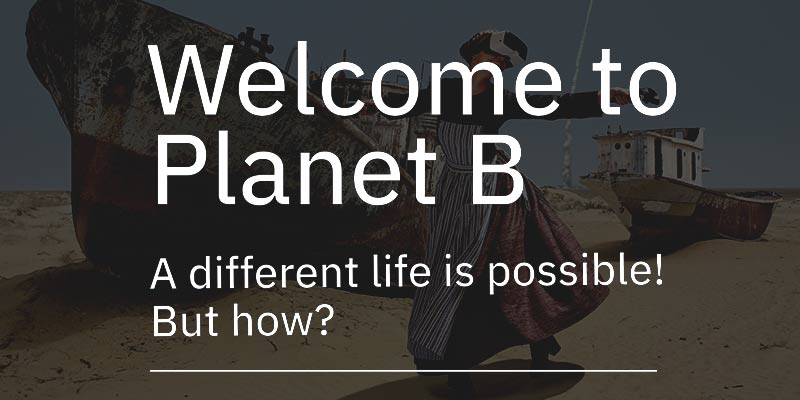 Credit: José Pita Juárez
Credit: José Pita Juárez
The practice of immersive listening experiences in acoustic natural spaces
Tania Leticia Rubio Sanchez (MX)
Acoustic Ecology Lab: a case study
SAT 10.9. 2022 | 14:00 – 14:20
Listening to natural ecosystems gives a particularly immersive experience that reveals the acoustic configuration of the species and its ecosystems. The acoustic spaces in nature, the sonic relations, and their functions are studied within a frame of ecology in soundscape studies and ecoacoustics. However, the experience of listening to natural soundscapes from an artistic perspective brings a different scope for interpretation and sensitivity. The research question is: how to build bridges between the composition practice and scientific, ecological approaches for environmental awareness?
To answer the question, I created a project named Laboratory of Acoustic Ecology as a case study to integrate the experience of listening to natural soundscapes with compositional tools and scientific insights. The project aims to encourage the development of environmental sound art projects that emerge from an ecological notion of sound, considering biological species, ecosystems, and the community as an integral part of the works.
The methodology consists of the practice of immersive listening in nature as an act of interpretation and comprehension from artistic and scientific perspectives. The Acoustic Ecology Lab was an artistic research residency realized in December 2021 in Sierra Gorda, Mexico, integrated by a group of biologists, musicians, and music students.
As a result, we obtained the production of four eco-acoustic compositions premiered in an immersive live concert in Guanajuato, Mexico. A documentary film of 40 min., and a short trailer.
The importance of this research is the interdisciplinary approach between music composition and biological sciences to encourage concern for the critical ecological global crisis.
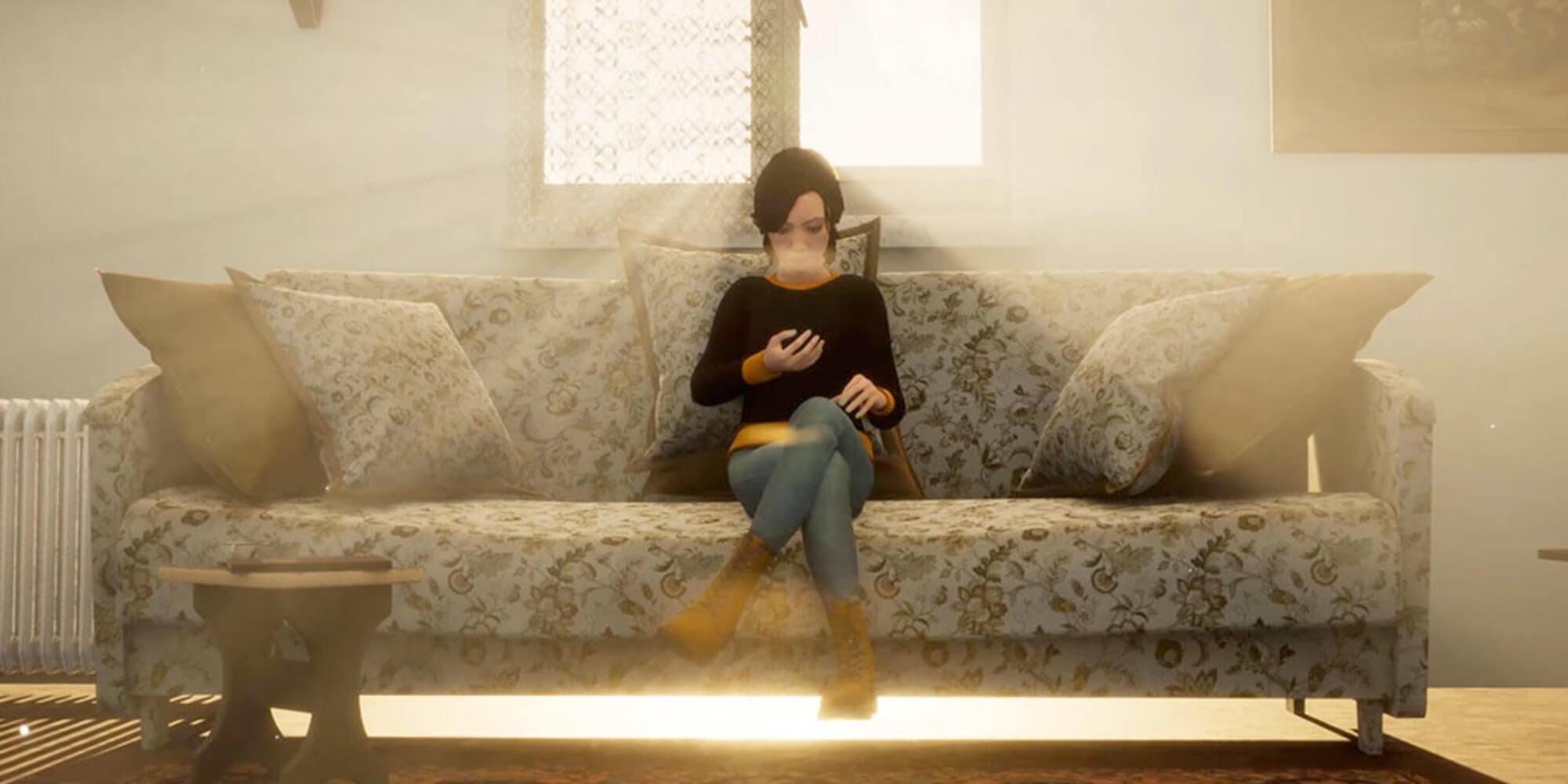 Credit: José Pita Juárez
Credit: José Pita Juárez
Ecstasy / Light / Inertia
Juan Carlos Vasquez (CO)
SAT 10.9. 2022 | 14:30 – 14:50
Ecstasy / Light / Inertia is an interactive narrative-driven experience that proposes a novel method to experience new spatial music in realistic immersive environments. It features a “gamified” experience to showcase a series of music / sound art pieces in an engaging way, presenting the audience with challenges and an overarching narrative that encourage progression through exploration. The proposed talk proposes an in-progress report of a project that combines experimental musical creation with immersive technologies found in video games.
An early trailer can be seen here: https://youtu.be/v10yw6n50e8
Ecstasy / Light / Inertia is supported by the Arts Promotion Center (FI), the University of Virginia (US), the Jefferson Scholars Foundation (US) and Genelec (FI).
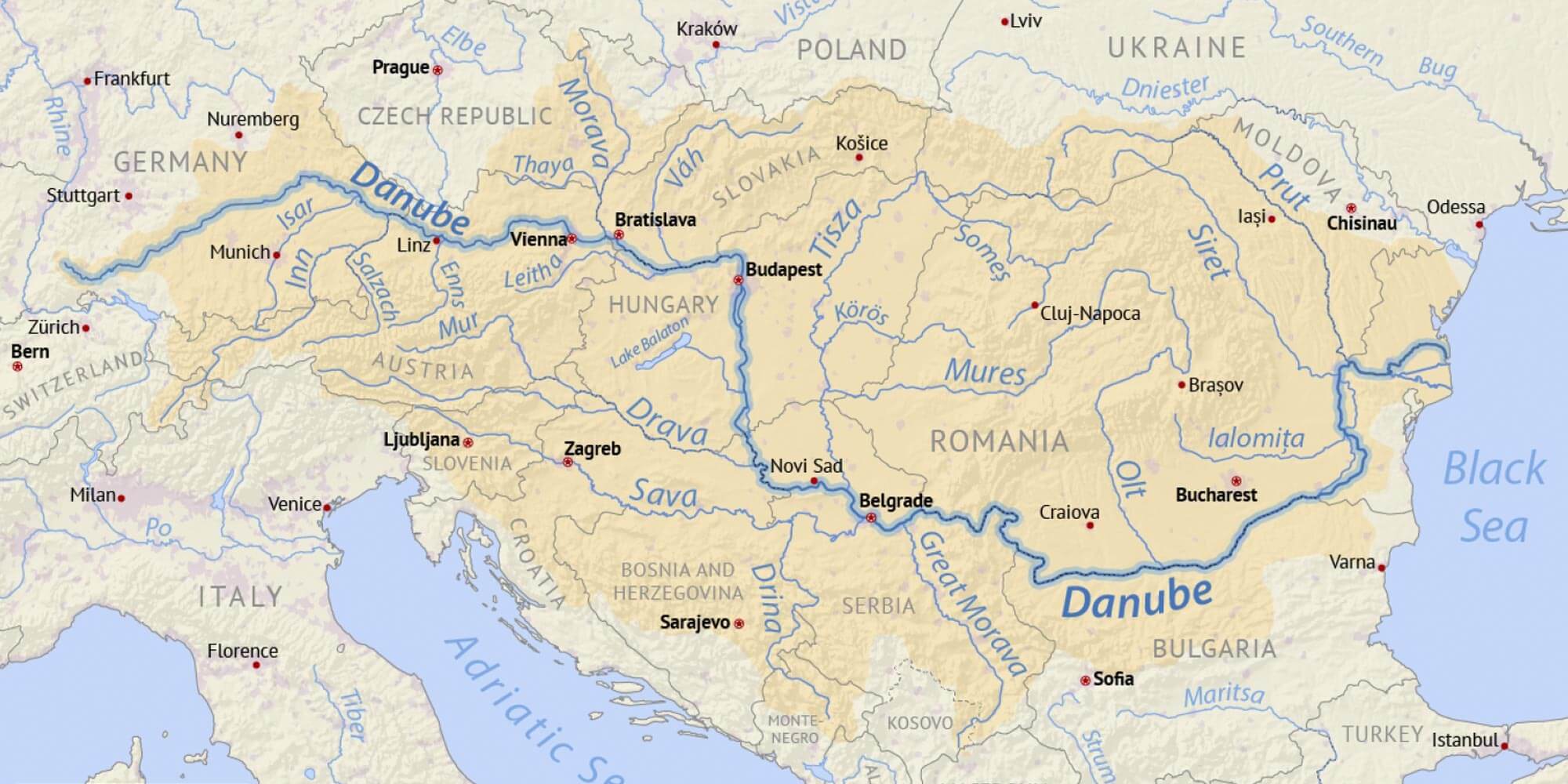 Credit: Polina Khatsenka
Credit: Polina Khatsenka
Eavesdropping Danube
Polina Khatsenka (BY)
SAT 10.9. 2022 | 15:00 – 15:20
The presentation will focus on aspects of remote collaboration within the domain of
live audio. Eavesdropping Danube is an author’s update of Annea Lockwood’s work dedicated to the Danube River, initiated through the open call from Wild Energies online festival by CRiSAP. The development of the piece is planned for 2022-2023 in the format of a long-durational remote participatory performance. The sound art piece intends to rethink the potentialities and find new forms of remote connection.
Invitation to participate happens through an open call, together with personal network-based invitations (CENSE, CriSAP). Individuals are encouraged to set up audio streaming points at the bank of the Danube in their areas and join the collective stream, which would create a multidimensional listening experience of the river. The participants would be invited to stick to unaffected audio signals, which would allow the listeners to experience the river itself, based on the location choice of each streamer, omitting further post-processing.
The result inclines to a real-time multifaceted immersive listening, together with formation of a shared sonic space, where each active participant would share the outcome of the cross-border collaboration through the hyper object of the river.
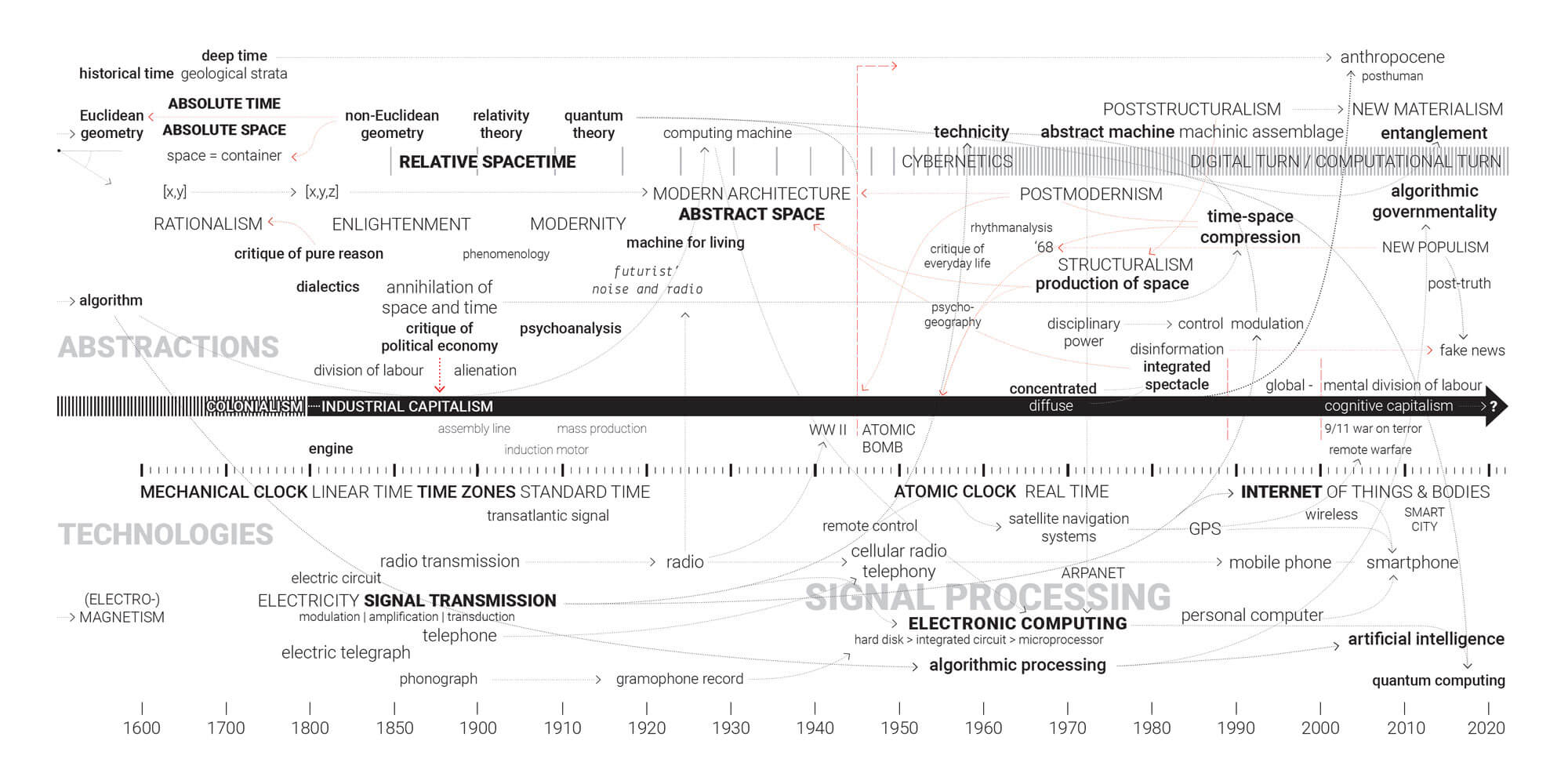 Credit: Taufan ter Weel
Credit: Taufan ter Weel
Amplified Realities and Explorative Machines for the Sonic Recomposition of Space
Taufan ter Weel (NL)
SAT 10.9. 2022 | 15:30 – 15:50
The human use of electromagnetic energy as carrier of information (that is, signal processing – from early electric telecommunication and radio to global computing networks) changes and complicates the relationships between bodies, media technologies, and lived environment. Transmission with the speed of light brought about a shifting sense of space and time. Ubiquitous computing changes the modes of governance. The increasing dependency on media technologies to carry out or automate activities (to sense, build, and change our environment) and the interdependencies between them, coupled with the decreasing clarity of their inner workings, which is in part inherent in their expanding complexity, creates unprecedented forms of automation and control. In the context of the concrete entanglement between bodies, media technologies, and lived environment, or abstract space-time and social realities, how could we address the problem of automated subservience and ubiquitous control in order to recuperate the recognition of the right, or responsibility, to actively engage in the making of our habitat? And how to develop the means to do so?
There are many ways to approach this problem and there is a vast body of work in this domain, across various disciplinary fields. My research is transdisciplinary and combines a theoretical and practice-driven path at the intersections of architecture, sonic practice, sound studies, and the philosophy of technology. It focuses specifically on sound and signal processing in spatial practice, which enables a process-based and diagrammatic way of thinking and making to explore the inner workings of media technologies in relation to bodies and lived environment. It works at various levels: understanding architectural space in terms of vibrational energy or waves; approaching the analogue and digital as intertwined modes of technological mediation and thinking; and finally, drawing relationships between the circuit diagram, abstract machine, and architectural diagram, aiming to contribute to expanding the notion of and techniques for diagramming. The research aims to rethink and articulate the relations between aesthetics and politics in order to challenge the seeming inevitability of automated subservience and ubiquitous control.
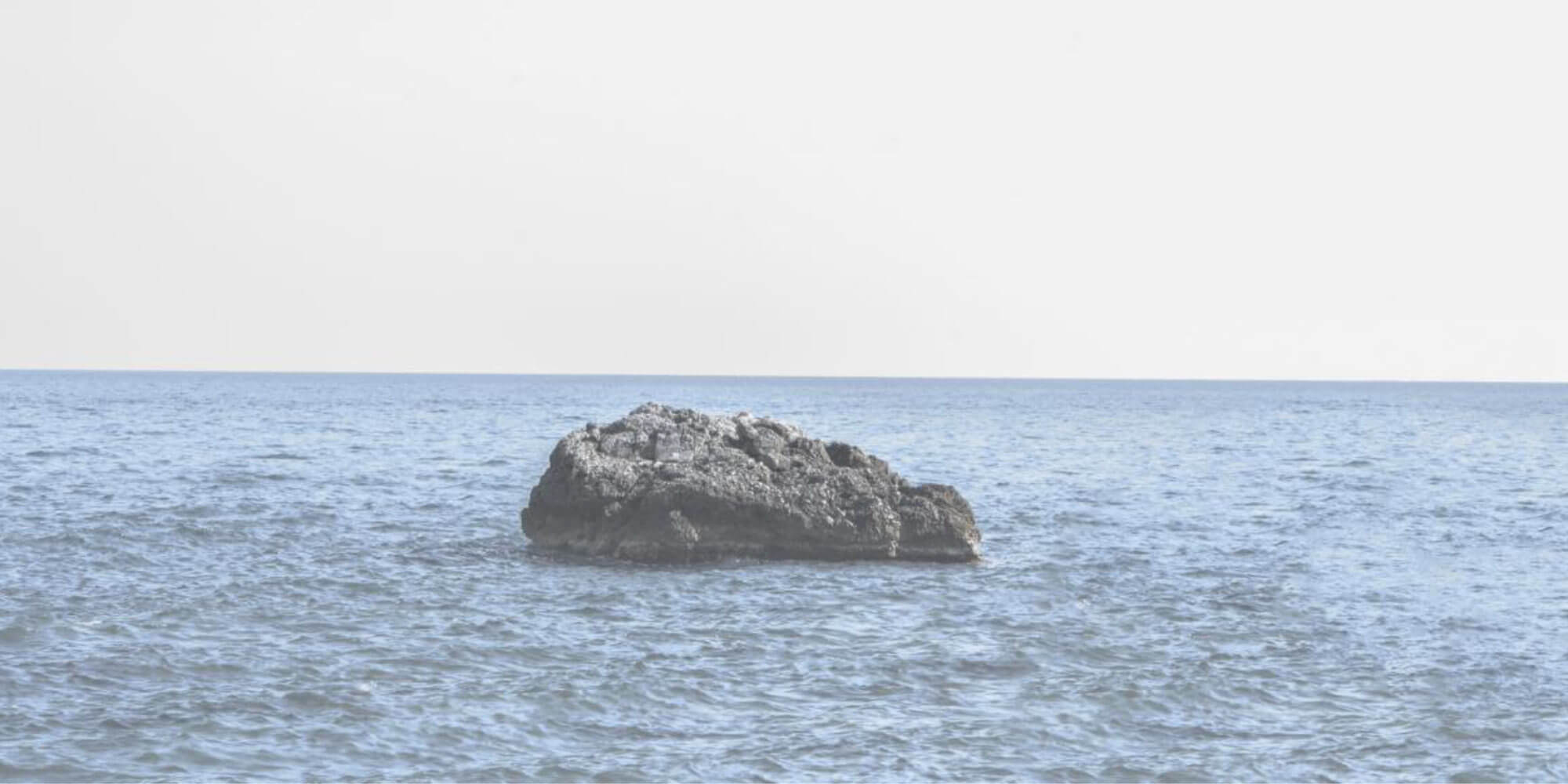 Credit: Tommaso Vitello
Credit: Tommaso Vitello
BASTIMENTO
Renato Fiorito (IT) & Chiara Mazzarella (IT)
SAT 10.9. 2022 | 17:00 – 17:20
Bastimento is a site-specific performance in three acts, conceived and developed for the section of the coast around Mount Bulgheria in Parco Nazionale del Cilento e Vallo di Diano in south Italy. Three actions in three different locations for three distinct sound approaches strongly connected with the architectures and landscapes that host them.
The music diffused in the three performances comes from the space of the three sites and returns to those spaces through an architecture of sound diffusion that alters how they are perceived. The immersive audio installation is conceived with the shape of the architectural space and gives shape to a different place. Fiorito’s drone music narrates the physical space atmosphere and gets there and back differently, creating new meanings. The soundscape given by the dialogue between sound and space creates a unique temporary atmosphere in the architecture and surrounding landscape.
Listen to a small composition made by using the sounds collected, modified and played for all the three acts: HERE.
 Credit: Argeïphontes Lyre
Credit: Argeïphontes Lyre
Digital Collective Action
Isabella Forciniti (IT)
SAT 10.9. 2022 | 17:30 – 17:50
Smartphones have become a key device for exploration and audience engagement, for both scholarly studies and performing artists. In today’s age of participation, co-creation, user-generated content and social networks are part of a mass-market digital lifestyle. The emotional benefits of active participation are rooted in the natural human desire to join communities and contribute to something meaningful, something bigger than us.
Isabella Forciniti speaks about the musical and social potential of digital networking via mobile devices and provides a comprehensive deep dive into the power and the fragility of digital collective action.
Her talk revolves around the question of whether it is possible to use the smartphones of participants as a large, distributed sound system to create and catalyze an immersive sound experience.
Challenges in Distribution of Immersive Music and Sound Art
Christopher Dahm (DE)
SAT 10.9. 2022 | 18:00 – 18:20
The paper deals with the challenges in the distribution of spatial audio (music and sound art) for a broad, public audience. Different production techniques will be considered and the advantages and disadvantages of the respective distribution methods will be discussed. For a better understanding, application examples from artistic practice are used. Through technical-artistic research by the author, a procedure is presented on how established production techniques can be retained and successfully transformed into the respective distribution formats. The result of this research is a software template developed by the author to achieve a multifunctional production workflow.
Panel Discussion
SAT 10.9. 2022 | 18:30 – 19:00
